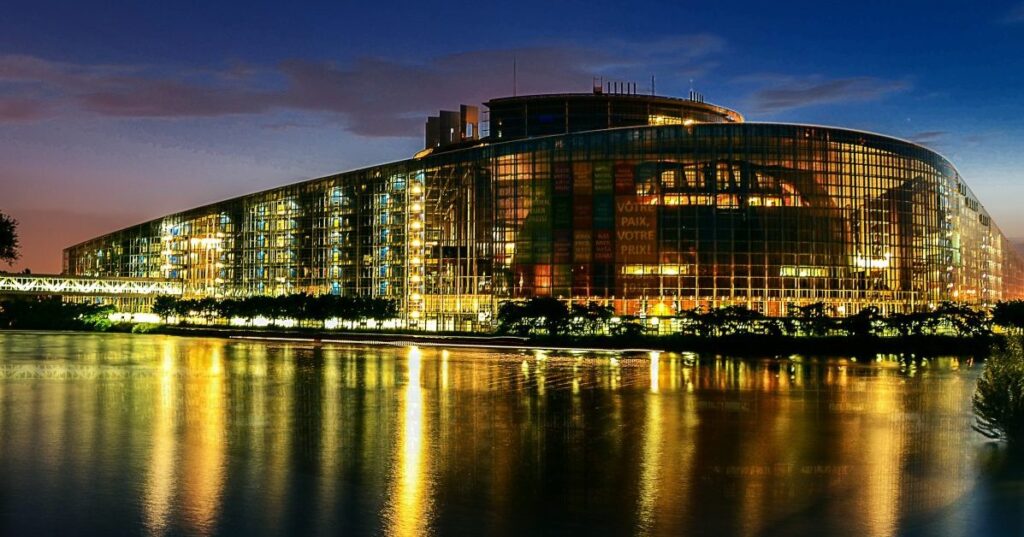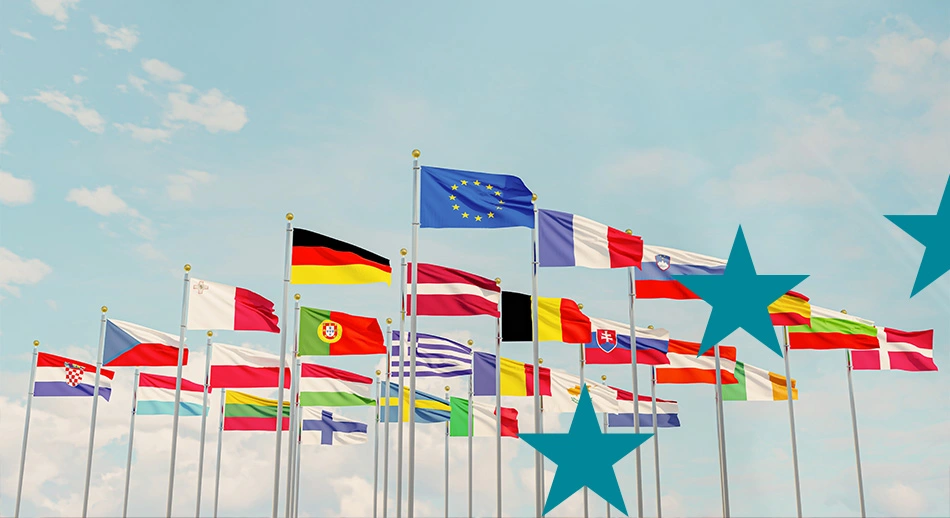The European Parliament elections have recently concluded-a moment of great importance for Europe, which is enjoying considerable media coverage at this particular historical stage.
But what are the most immediate effects of the formation of a new European Parliament? We have already analyzed the most important and strategic aspects here: but let’s try to better understand together what is happening these days!
One of the first tasks of the new Parliament is theelection of the President of the European Commission. For some years now, the system has been that each European political party submits a candidate before the election, and that candidate is then put forward for office by the party with the most votes.
However, the president of the Commission is elected by Parliament by absolute majority, so the political agreement needed for the appointment may be more difficult when no one party has obtained a clear majority. (Here is an interesting summary of who and what the “Presidents” of the European Union are).
The newly elected Commission President proposes to the European Council a list of candidate commissioners, indicating one from each member state.
Next, the identified commissioners are vetted by the various parliamentary committees, based on their respective areas of expertise; then the entire commission is put to a comprehensive vote by Parliament. The Council then deliberates their official appointment, by qualified majority vote.
The confirmation process is multifaceted, there are more or less strategic thematic areas, and the system involves not only a selection of commissioners by thematic area of expertise, but also by country of origin. This generates a complex process of negotiation among the political forces in Parliament and among the member states (in the Council).
The President of the European Commission, the Vice-Presidents and the 28 Commissioners serve five-year terms. Their college represents the body of political responsibility of the European Commission, which is accountable to Parliament for its decisions (in particular: strategy, policies, legislative acts, funding programs and annual budget proposed to Parliament and the Council).
Commissioners are at the top of the European Commission‘s policy departments, the Directorates General (DGs), which are responsible for the development, implementation and management of EU policies, laws and funding programs in the various thematic areas. A Director General heads the organizational and operational structure of each individual DG.
The current debate will therefore decide who will be in charge of EU programs and policies (the bread and butter of every EU project designer!) over the next five years.
We wish all the commissioners who will be appointed at the end of this long process well…preparing to amaze them with our beautiful projects!




